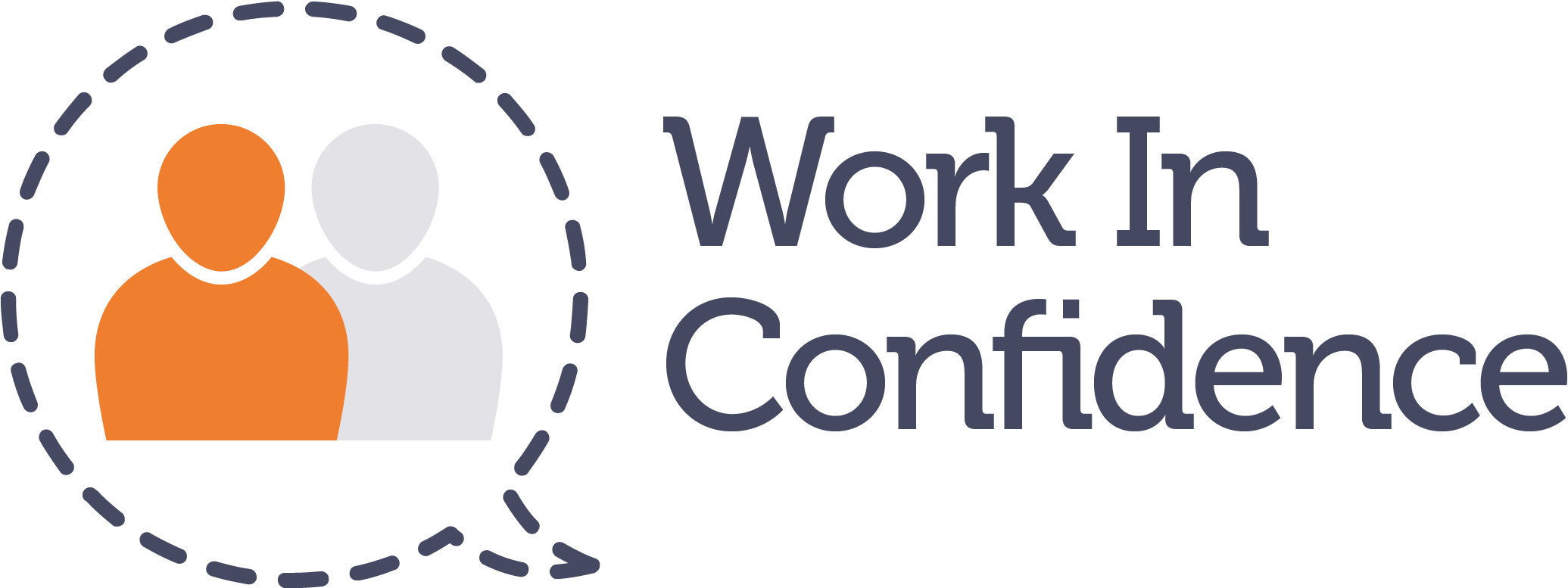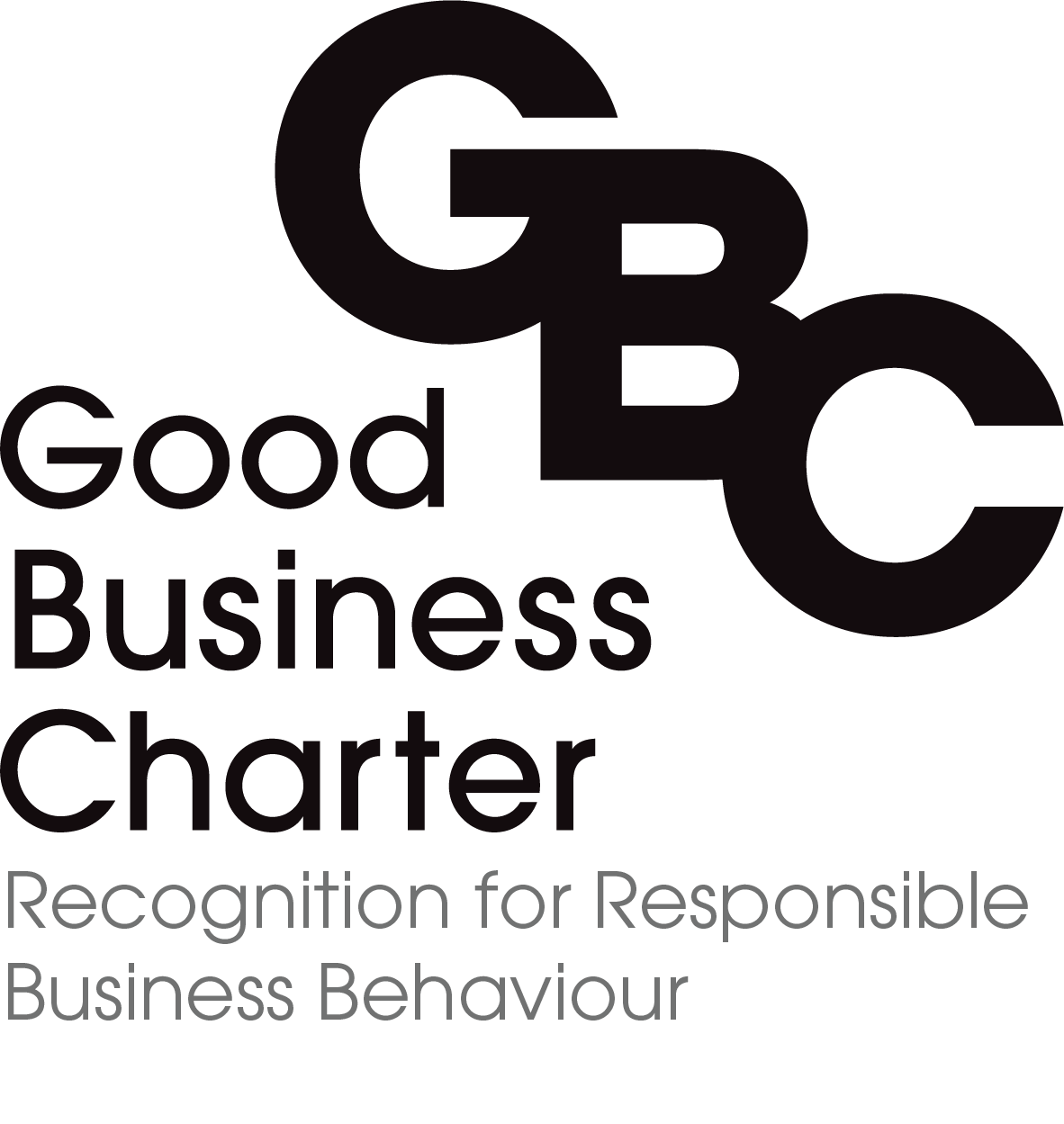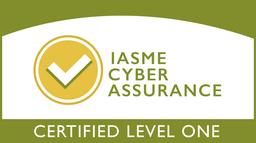2022 workplace culture – A look back
It’s safe to say that 2022 was going to be an interesting year because of what came immediately before it. 2020, and 2021, were the years of the COVID-19 pandemic. This was a pandemic that forced everybody indoors, created lockdowns, and threw many industries into chaos. Remote working and new workplace cultures were hastily developed using improvisation and focusing on getting things done during challenging conditions.
So, 2022, the year when the lockdowns ended, and life returned to normal, was always going to be an interesting one. Work culture has been changed, some would argue irrevocably, and this has meant that things are different now.
There have been some ideas about organisational health and workplace wellbeing that have gone over well and others that haven’t. It’s important to examine everything critically and pick out key areas where changes can be made, lessons can be learned, and work can be put in place to make 2023 a better year for culture within corporations.
The era of mental health awareness
There has never been a global pandemic like COVID-19 in our lifetimes, and it’s not difficult to see why this was a monumental event when we stop and think about it.
The COVID-19 virus swept the world, shutting down entire countries almost overnight. Countries shut down their borders, refused to allow people in, locked down cities, and did their best to cope with a practically impossible-to-comprehend wave of illnesses, deaths, and hospitalisations that taxed health systems beyond what they could feasibly achieve.
However, all of that was arguably secondary to the crippling impact of the pandemic on the mental health of the entire human race. People used to living normal lives were locked inside and forced to participate in a culture of fear and paranoia. Anybody could have the virus, which meant that anybody could pass it along, anybody could get sick, and anybody could die. People lost countless loved ones, relatives, and friends, and it was, to be brutally honest, a crisis – unlike anything the world has known since wartime.
The final result of all of this was a massive global shift in the way that people looked at life. No longer were people prepared to commit to situations and lifestyles that didn’t make them happy. Marriages ended, companies were shut down, and millions of people left jobs that weren’t making them happy to find a career that does.
The impact on business
The impact on the commercial world was indescribable. Suddenly, entire workforces stretched across multiple industries that were no longer prepared to settle for less. Workplace bullying became a fiercely battled problem, hiring practices changed radically, and a focus had to be put on employee well-being. Once upon a time, people would have stayed in positions where they weren’t necessarily happy because it was their job security, but now this isn’t the case.
Big corporations right the way through to small businesses scrambled to change how they operate. Mental health services were offered with much more regularity, hiring practices were made more inclusive, and workplace bullying was stamped out as fast as possible. It became the norm for remote workers to check in during online virtual meetings and for talent to be accrued all across the country and even the world.
These practices worked well during the pandemic, but as we began to return to normality, there began to be notable cracks in the new system. Many workers had never interacted in person before, and cultures of harassment began to sprout as people quickly started to butt heads. Remote workers became increasingly disconnected from the company, and often it was felt that they should return to the office and participate in typical workplace culture.
Hybrid work patterns also became routine, with businesses allowing people to work at the office for so many days of the week and then spend the remainder working at home.
What trends should stay?
In the midst of all of this, what things should be kept from the last two years? If we look at the COVID-19 pandemic and the way it changed corporate culture, which parts do we keep? There are a couple of different theories, but here are our thoughts.
First, the emphasis on employee health and well-being, as well as organisational health, needs to remain a focus. It’s always been vital for businesses to start trying to make changes to best support their workers and focusing on creating a workplace environment that is positive and uplifting, as well as offering access to mental health services where necessary should now be standard practice.
Employers need to recognise that supporting workers will help them to stay loyal to the company. An article by Gallup shows us that staff who have poor mental health are projected to take nearly 100% more unplanned absences than those who have positive mental health. This evidence shows how badly companies need to go back to focusing on mental health support. Speak to us and find out how we can do to help you support your staff.
Second, consider where possible, any staff on a remote working contract to be moved to a hybrid working pattern. Remote working has its strengths, and it means your people can keep the flexibility of working from home. Still, at the same time, there needs to be some integration into workplace culture to effectively guarantee productivity and ensure that employees understand and live the organizational values and embed them in the workplace culture.
Workplace bullying and harassment also must be met with extreme prejudice and stamped out as part of a zero tolerance to bullying and harassment workplace culture. A recent report by monster.com suggests that 94% of all employees feel they have been the victim of abuse or harassment in the workplace. That is appalling and directly tied to retention rates among staff members. As previously mentioned, this is the era of mental health. Employees no longer stay in jobs where they don’t feel valued, or they are being harassed constantly. You can mitigate this risk by implementing a robust employee engagement platform – we can help with this.
Finally, onboarding processes need to remain inclusive and supportive as possible. The days of throwing staff in at the deep end and expecting them to cope with their new position have gone. Employers need to make sure that there is a safe and healthy transitioning process for staff who are trying to integrate into a new role and that there is a proper culture of support established from day one.
Employees are people with feelings and emotions, and organisations must understand, empathise and respect that if they want to get the best from their people.
Honest, open and transparent two-way communication is key with regular employee engagement surveys capturing feedback on how your employees are feeling, anonymous reporting for raising concerns and discussion boards for raising ideas or group discussions. Book in a demo with us to show you how WorkInConfidence can support your organisation.
Final Thoughts
As we leave 2022 behind and emerge into 2023, it’s clear that the way we operated before the pandemic can never come again, and nor should it! However, this new culture needs a few changes. Remote working cannot be the only way businesses function anymore, there needs to be some return to the workplace culture, but that culture also requires careful revision and monitoring to ensure that it doesn’t become toxic.
Above all else, the main focus has to be on employee health and well-being.
For a lot of people, the pandemic has brought up life-changing mental health conditions. They grapple with anxiety, depression, insecurities, and trepidation at returning to the workplace. There were some outrageous treatments of staff during the pandemic, as they were just expected to cope with abuse in public-facing roles or unrealistic deadlines to fill the gaps left by staff who had gotten sick. This cannot be allowed to continue anymore.
The new and modern 2023 workplace has to emphasise support and security. Workplace bullying needs to be removed once and for all. There needs to be a culture of mutual support and acceptance, and anybody found being hurtful or abusive needs to be dealt with in a very strict manner. 94% of all staff feel they have been the victim of workplace harassment. That’s appalling, and it speaks to a deeply rooted toxic workplace culture that needs a radical overhaul.
So, while there are a few things like remote working practices that require adjusting and even abandoning, many things have come out of the last few years that require more support and consolidation. We need to protect the mental health and well-being of workers. They will just quit if they don’t feel valued or appropriately treated in a workplace environment, leaving some industries with significant staff shortages.
The only way that we can deal with all of this is to listen to staff about what they need to change. This means giving them mental health support services, this means taking claims of harassment seriously, and providing robust reporting channels to raise awareness. Businesses are expected to do better now, they are held to a higher standard, and that means that a lot of corporations are going to have to rise to the challenge.
We’re here to help you if you want to make positive changes in your workplace to help your staff. Check out our full range of products and see for yourself.
Get your workplace culture in the right place with our most popular engagement tools - Free to download
The Definitive Guide to Workplace Bullying
Download the guide and learn how to create a zero tolerance workplace culture and give people a voice
Building a Successful Speak Up Culture in your organisation
Download our free e-book and start improving your organisational health
The Concise Guide to Engaging and Retaining Employees
Download our free e-book to find out how to engage and retain your top talent
Why Civility Matters
Download our infographic to share with your teams to highlight why civility matters





